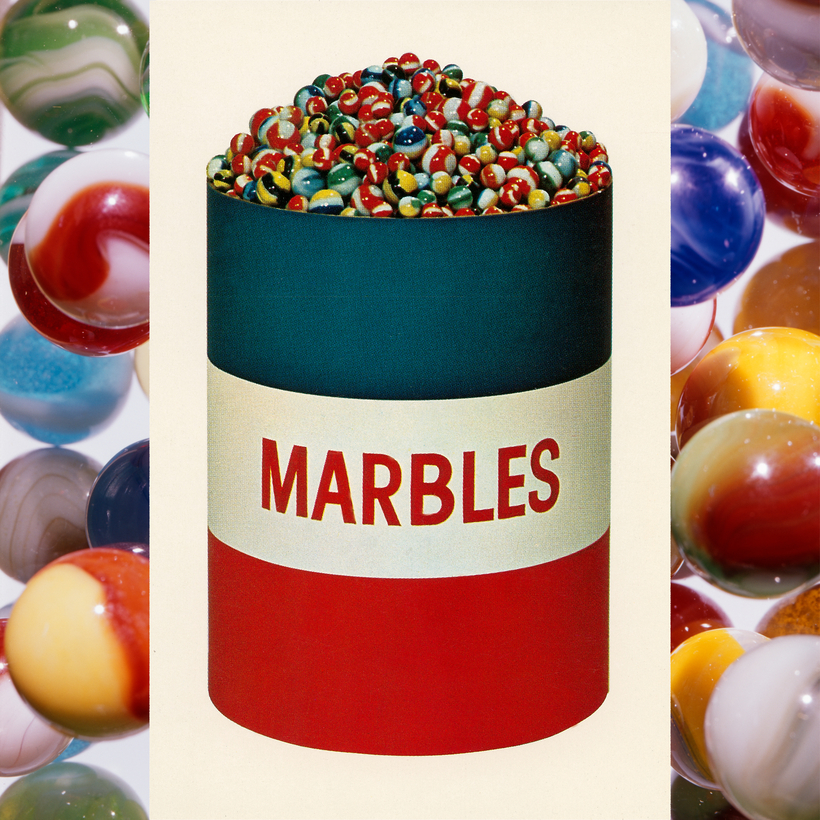Let’s face it: any emotions that might be stirred by the sight of Gisele Bündchen meditating in front of a waterfall, or Arnold Schwarzenegger feeding carrots to his donkey, or Ellen DeGeneres doing acres of jigsaw puzzles, are probably worthwhile—up to a point. We watch, amused or aghast, and next thing you know a few more minutes have gone by. Or weeks. Could this actually be sustainable?
Until recently, the closest thing to a communal quarantine that I experienced was during the blizzard of ’78, which dropped 27 inches of snow on the northeastern United States, specifically on the tiny, poorly constructed house I was living in, post-college, with two friends in a suburb of Boston. (O.K., Cambridge. But save your hostility—none of us went to Harvard.) Given the attendant high winds, the flimsy structure we called “home” should have come down with the first tentative flurries, but it didn’t, and the three of us quickly realized that we were likely to be housebound for some time.


